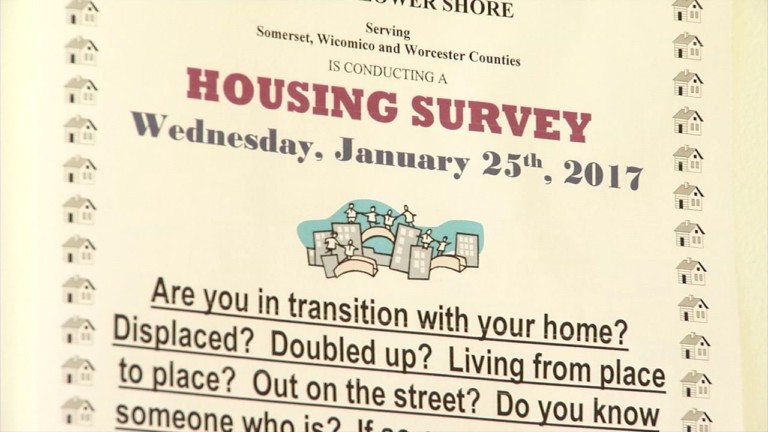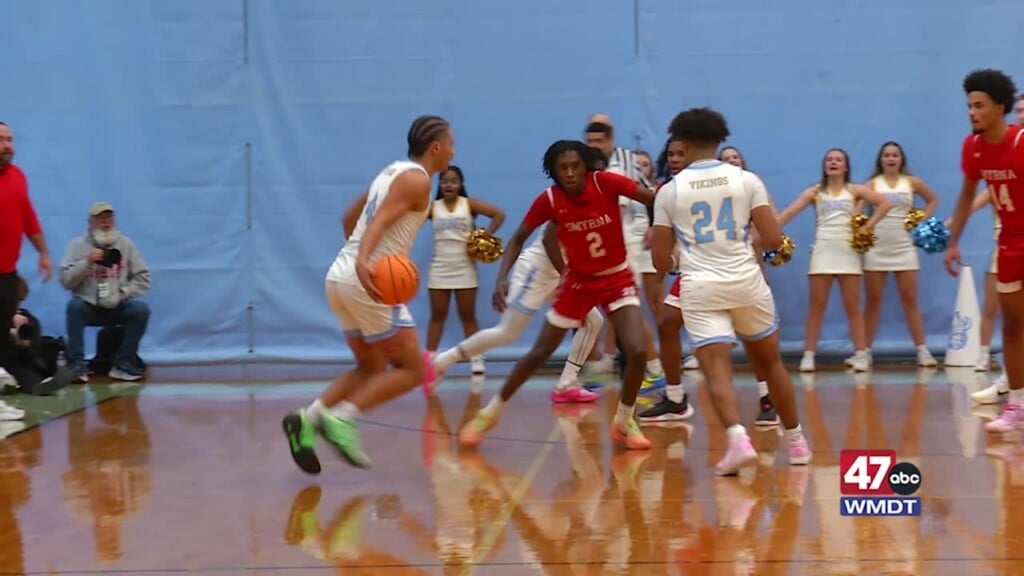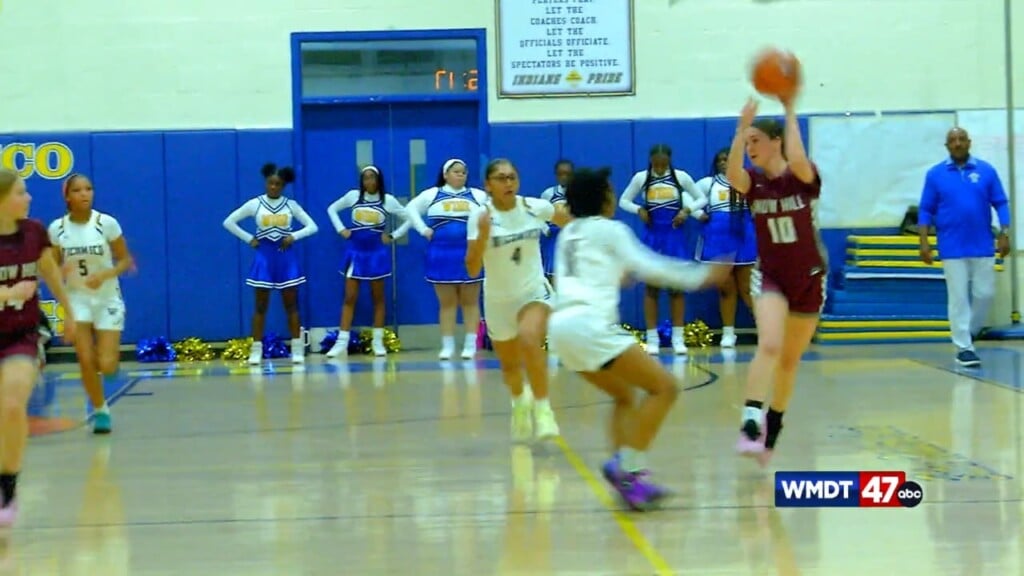Homeless population sees more “unaccompanied youth”, officials say

Tackling the issue of homelessness on the Lower Eastern Shore continues with a survey conducted Wednesday to get a better look at the numbers.
The survey, conducted by the Homeless Alliance for the Lower Shore, takes a look at Wicomico, Worcester, and Somerset counties.
It's been used by the alliance since 2001; however, it often helps bring light to a new problem with the homeless population that was possibly overlooked, or not an issue in the past but is currently.
Results are sent to the Department of Housing and Urban Development ("HUD") to not only identify how many people are homeless, but also what kind of resources to possibly invest in, like affordable housing options.
In the past, issues like veteran homelessness was brought to the forefront through this survey and now, it's the issue of unaccompanied youth.
"When they get to the end and they're getting ready to graduate and they don't have something in mind, I'd hate to put it in this perspective…but we're going to probably see them come through our shelter," says Celeste Savage.
Savage is the executive director of HALO Ministries in Salisbury.
She explains an increase in unaccompanied youth, people between the ages of 18 and 25 years old, at HALO appears to be part of the growing new face of homelessness.
Greta Holland, an administrator with the Homeless Alliance for the Lower Shore, says this is an issue that is seen across the Lower Eastern Shore.
"In the past few years, we're starting to get to notice that it's people that maybe they came from foster care or their parents were homeless or maybe their parents just can't afford for them to live with them anymore, because times are tough," explains Rolland.
Over the last few years, she says roughly 1,000 people make up the homeless population on the Lower Eastern Shore. That figure does not include those "double up" or are displaced. She says that population adds an estimated 1,000 more people.
"It's sad," Rolland says. "It's really sad. I mean, I…in America, I just don't feel like anybody should be homeless."
While housing is a major issue, Savage says it's just one part of it.
She says she'd like to see more resources for skill training, especially when it comes to helping reduce youth homelessness.
Savage also adds the community plays a huge role.
"It takes more than just one. It takes all of us to be able to find the answers and solutions for the problem," she says.
Rolland tells 47ABC, forms from Wednesday's survey are due in April.

